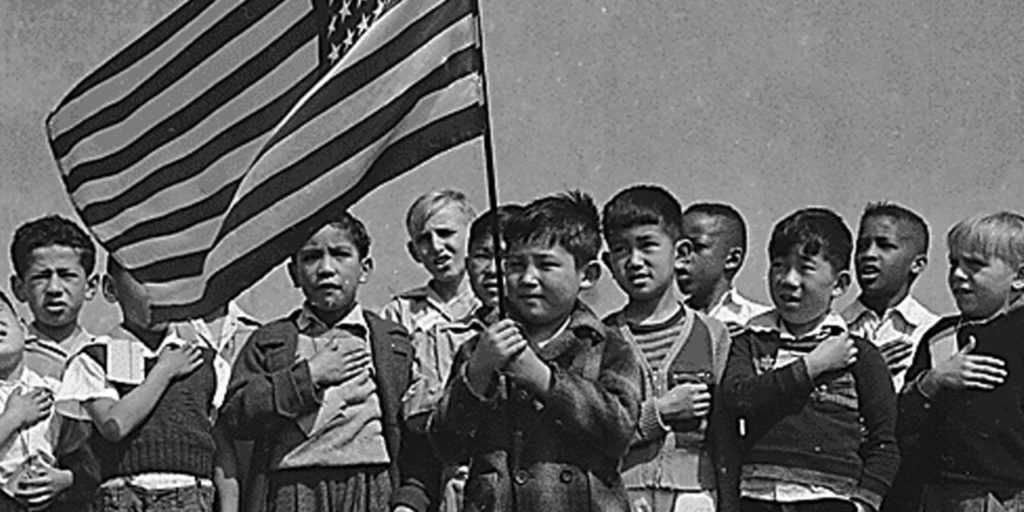
Issues pertaining to the treatment of undocumented immigrants are among the most contentious and emotionally-charged topics in immigration law. As we’ve discussed, the U.S. takes in approximately 1.1 million legal immigrants every year, but it also takes in a sizable amount of undocumented immigrants every year as well. These undocumented immigrants have all kinds of different stories, they come under circumstances, and they have different aspirations. It’s not enough paint undocumented immigrants, as former President Donald Trump seemed to do, as belonging to a common type or having a certain type of disposition. As Americans, our commitment to justice should compel us to take a more nuanced view of this situation.
In the case of Plyler v. Doe (1982), the SCOTUS made an important step toward improving the conditions of undocumented immigrant children. In this post, we will give a bit of information on the impact and significance of this case.
In 1975, the State of Texas revised its laws to withhold state funding for the costs associated with educating undocumented immigrant children. What’s more, Texas’ updated laws allowed school districts to deny enrollment to these children as well. An argument was made that this denial of access to public education to undocumented immigrant children violates the Equal Protection Clause of the 14th Amendment of the U.S. Constitution. The Equal Protection Clause provides that all Americans shall be treated equally under the law. The rebuttal, or argument against this argument, was that this clause of the Constitution wasn’t violated because these children were outside the “jurisdiction” of the Constitution altogether. Since the Constitution only applies to citizens, this clause shouldn’t include such children.
Ultimately, the SCOTUS dismissed the argument made by Texas school officials and held that denying public education to these children did indeed violated the U.S. Constitution. In making this determination, the SCOTUS concluded that the State of Texas did not have a sufficient state interest to justify the discriminatory law against such children. What’s more, the practical impact of Texas’ law would’ve likely had a substantial negative impact on the overall health of the society. The SCOTUS rejected the argument that the Constitution didn’t apply to undocumented immigrant children.
The outcome of Plyler v. Doe can be seen as a substantial victory for both undocumented immigrant children and for all those who have undocumented status. This decision demonstrates that our justice system is committed to assisting all those who live within our borders, even those
who arrived outside of the normal immigration system. Importantly, Plyler v. Doe has so far only been applied to kindergarten through 12th grade education. In the future, we may see litigation which deals with the denial of access to in-state university tuition, university scholarships, and other related matters.
Plyler v. Doe and its implications are certainly things which everyone should be aware of, especially those who happen to be undocumented. If you’d like further counsel on the implications of this case, or you have another immigration issue, please contact New Frontier Immigration Law today by calling 623-552-5025